Scandals the Metropolitan Police has faced under Cressida Dick’s leadership
Officers joking about rape was just the latest controversy in a list encompassing Jean Charles de Menezes, Operation Midland and Wayne Couzens
Your support helps us to tell the story
From reproductive rights to climate change to Big Tech, The Independent is on the ground when the story is developing. Whether it's investigating the financials of Elon Musk's pro-Trump PAC or producing our latest documentary, 'The A Word', which shines a light on the American women fighting for reproductive rights, we know how important it is to parse out the facts from the messaging.
At such a critical moment in US history, we need reporters on the ground. Your donation allows us to keep sending journalists to speak to both sides of the story.
The Independent is trusted by Americans across the entire political spectrum. And unlike many other quality news outlets, we choose not to lock Americans out of our reporting and analysis with paywalls. We believe quality journalism should be available to everyone, paid for by those who can afford it.
Your support makes all the difference.Whether she was unlucky or a poor leader will be a matter of opinion, but controversy seemed to dog Dame Cressida Dick before she was even considered for the top job with the Metropolitan Police in 2017.
As deputy assistant commissioner in 2005, she oversaw the operation in which Jean Charles de Menezes was mistaken for a terrorist and shot dead, insisting her officers did nothing wrong. A jury later cleared her of blame.
From 2014 to 2016, while Dame Cressida was an assistant commissioner, the Met ran Operation Midland, a £2m investigation into a Westminster paedophile ring, which turned out to be fake. Innocent men, including the late Lord Brittan and former Tory MP Harvey Proctor, were subjected to intrusive scrutiny.
Dame Cressida had been responsible for supervising the officer that found that Carl “Nick” Beech’s allegations were “credible and true”. She later admitted it had been a mistake to describe the claims as such while they were under investigation, but she had done nothing to correct him.
Last year the official report into Operation Midland said the force had been more interested in covering up mistakes than learning from them.
Since taking the Met’s top job in 2017 however, Dame Cressida has seen the force embroiled in a number of controversies that ultimately led to her resignation.
Murder of Sarah Everard
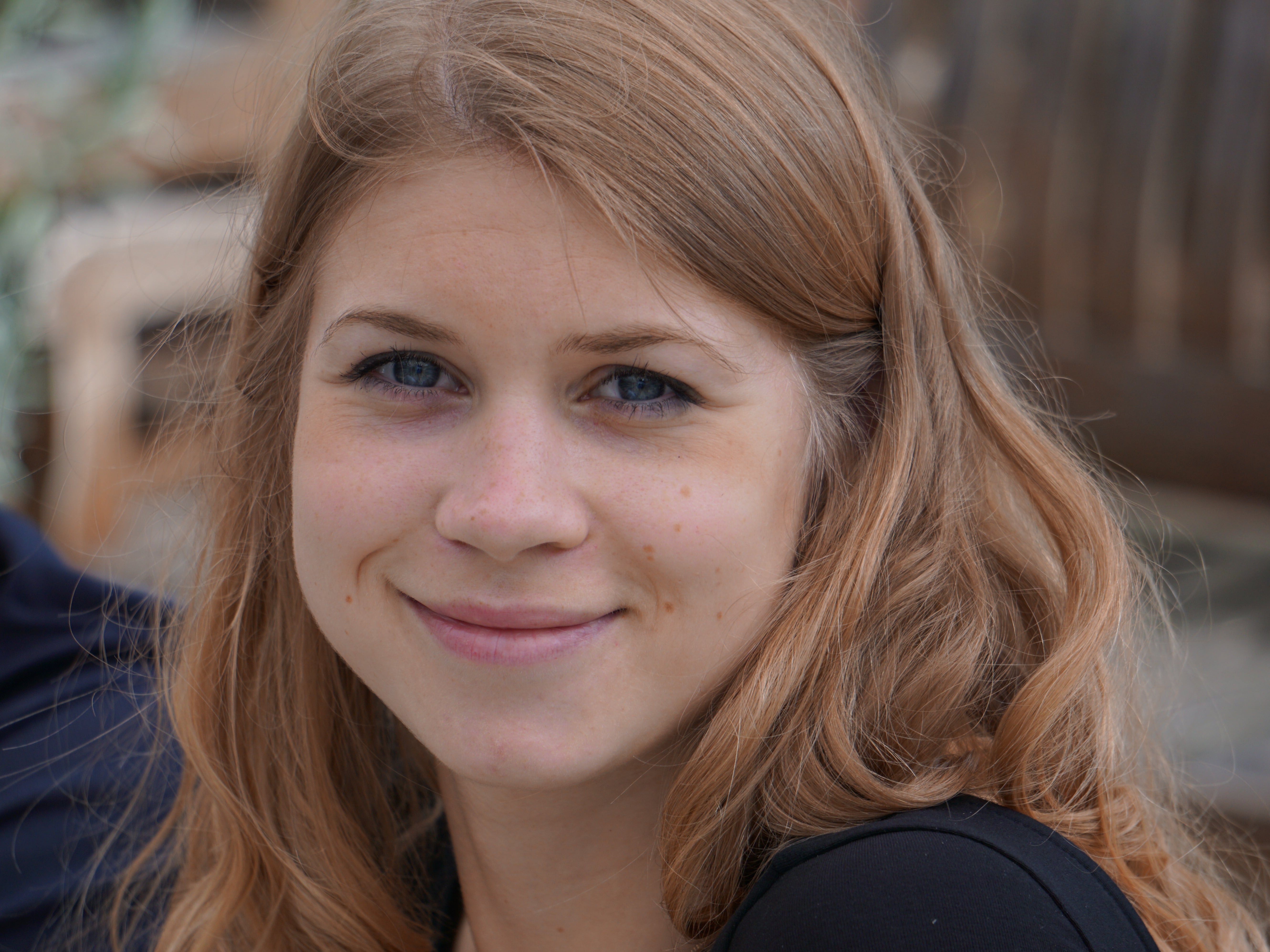
What was possibly the point of no return for Dame Cressida’s tenure came when last year it was revealed that a serving officer, Wayne Couzens, had kidnapped, raped and murdered 33-year-old Sarah Everard in south London.
The firearms officer, who had been "hunting" for a victim, used his warrant card and handcuffs to snatch the marketing executive off the street using Covid lockdown rules to make a false arrest.
Amid calls for the commissioner to stand down, Lord Stevens, one of her predecessors, said she must be held accountable for an “appalling series of blunders” that allowed Couzens to serve as an officer. Dame Cressida said at the time she felt sickened and that Couzens had brought shame on the force.
Policing of Sarah Everard vigil
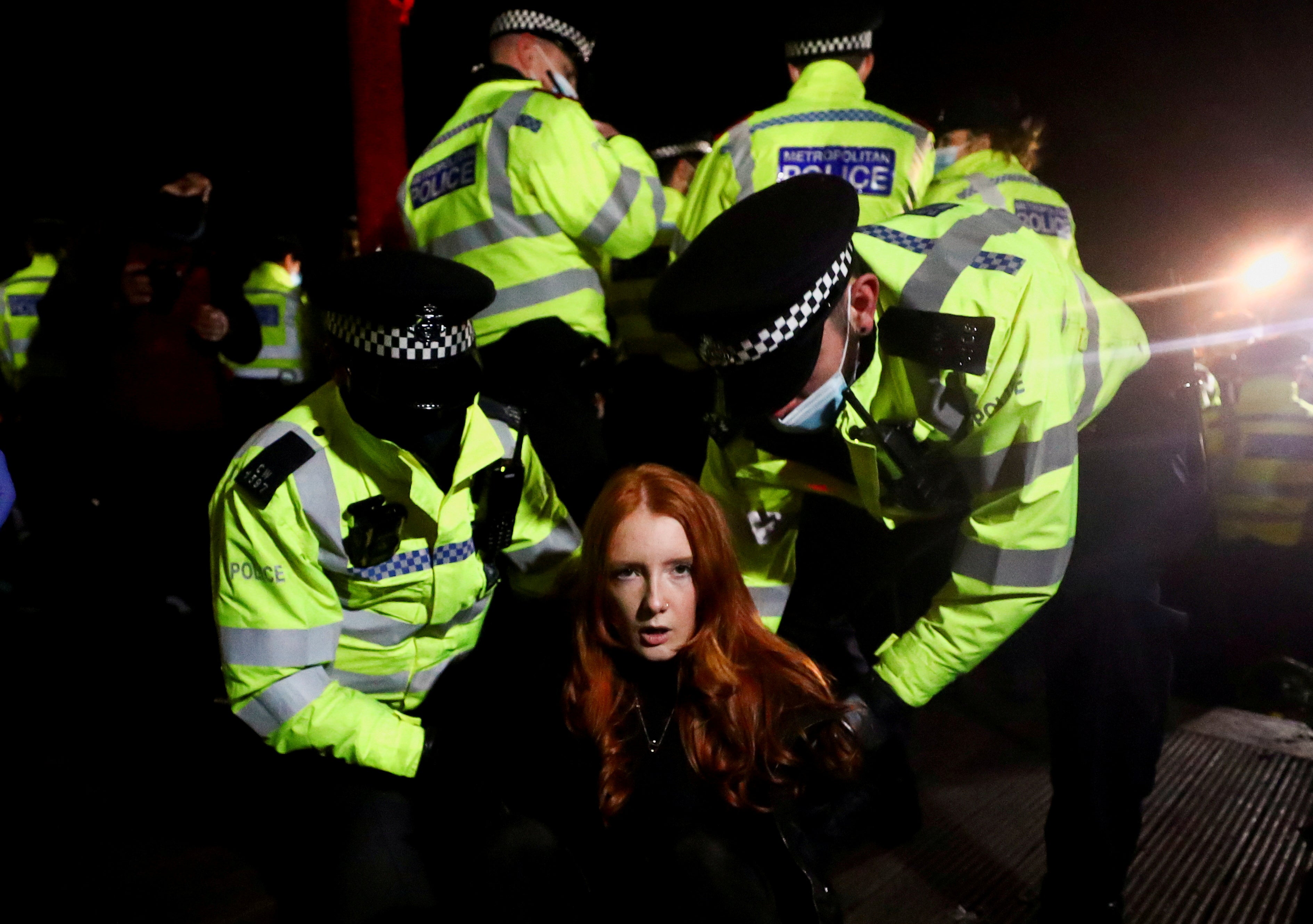
The Met also came under fire for how it handled a women’s vigil held in Ms Everard’s memory during coronavirus restrictions, with photos of protesters being held on the ground prompting disgust.
They had stoked fury by trying to block the event from being held, threatening organisers with arrest and £10,000 fines, leading campaigners to launch a legal challenge, still unresolved. Then clumsy advice telling women in trouble to flag down a passing bus later had to be retracted.
A report by Her Majesty’s Inspectorate of Constabulary and Fire and Rescue Services concluded the police “acted appropriately” when dealing with the event, but also found it was a “public relations disaster” and described some statements made by members of the force as “tone deaf”.
Charing Cross report
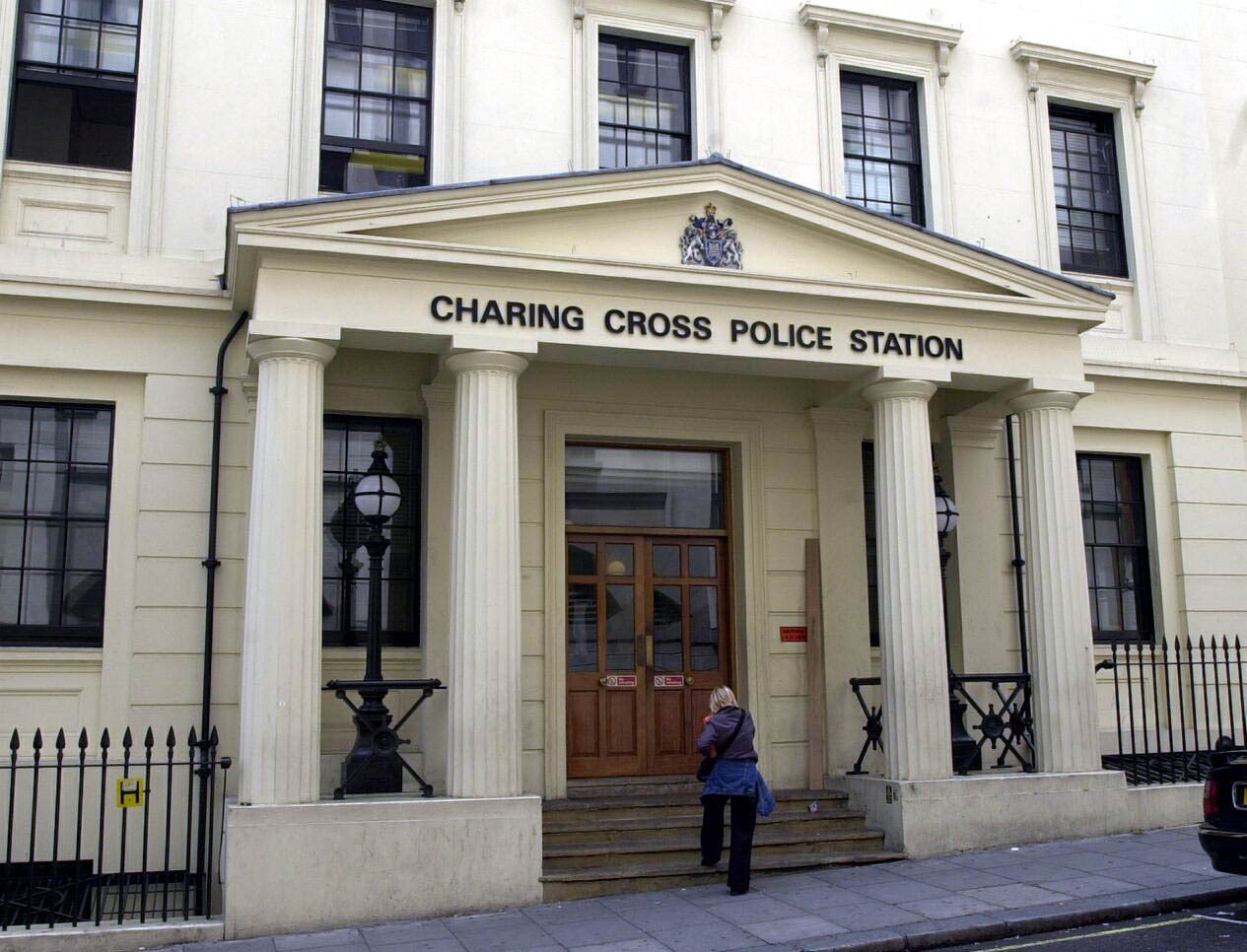
A report by the Independent Office for Police Conduct (IOPC) revealed highly offensive language used on WhatsApp and in Facebook chats by officers from a now disbanded team based in Westminster, primarily at Charing Cross police station.
Last Tuesday, the watchdog took the unusual step of publishing the messages in full, despite many of them being too offensive to print as part of mainstream news coverage, because it said it was important for the public to know.
Officers made repeated jokes about rape, domestic violence, violent racism, and used homophobic language and derogatory terms for disabled people. One officer bragged about having sex with a sex worker he met on duty.
It prompted Dame Cressida to write to 43,000 officers and staff telling them the force’s reputation has been damaged by repeated “poor conduct and nasty and inappropriate behaviour” but it may have been “the straw that broke the camel’s back”, according to The Independent’s home affairs editor, Lizzie Dearden.
Daniel Morgan killing

Last year, an inquiry into the killing of Daniel Morgan stated that the force was “institutionally corrupt”, for concealing or denying failings over the unsolved murder. Dame Cressida was personally identified as to blame. Private investigator Morgan was found brutally murdered with an axe in a London pub car park in 1987.
Investigations into the deaths of serial killer Stephen Port’s four victims between June 2014 and September 2015 were bungled. In December, an inquest jury found that “fundamental failures” by the police were likely to have contributed to three of the men’s deaths at the hands of Port, who drugged them in Barking, east London.
Policing of Euro 2020 final
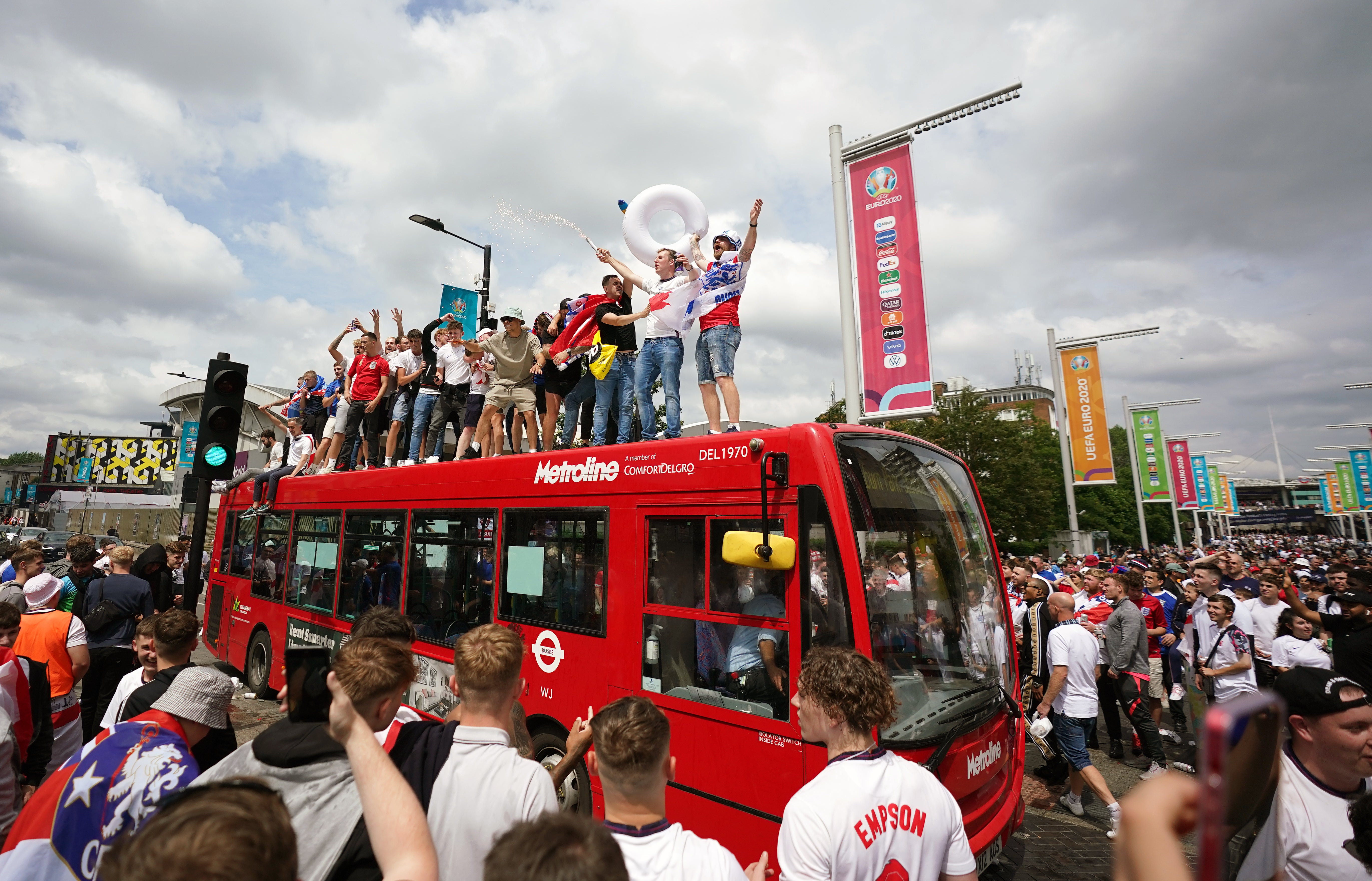
The force also came in for criticism of its management of crowds at the Euro 2020 football tournament last July, when thousands of ticketless fans were able to storm into Wembley stadium, rushing turnstiles and crossing security barriers ahead of the match between England and Italy.
Baroness Casey’s independent review into events surrounding the historic match on July 11 concluded there were a series of crowd “near misses” which “could have led to significant injuries or even death”.
The report was critical of policing at the game, concluding it “did not sufficiently mitigate the risk of ticketless fans, with officers deployed too late in the day”.
Murders of Nicole Smallman and Bibaa Henry
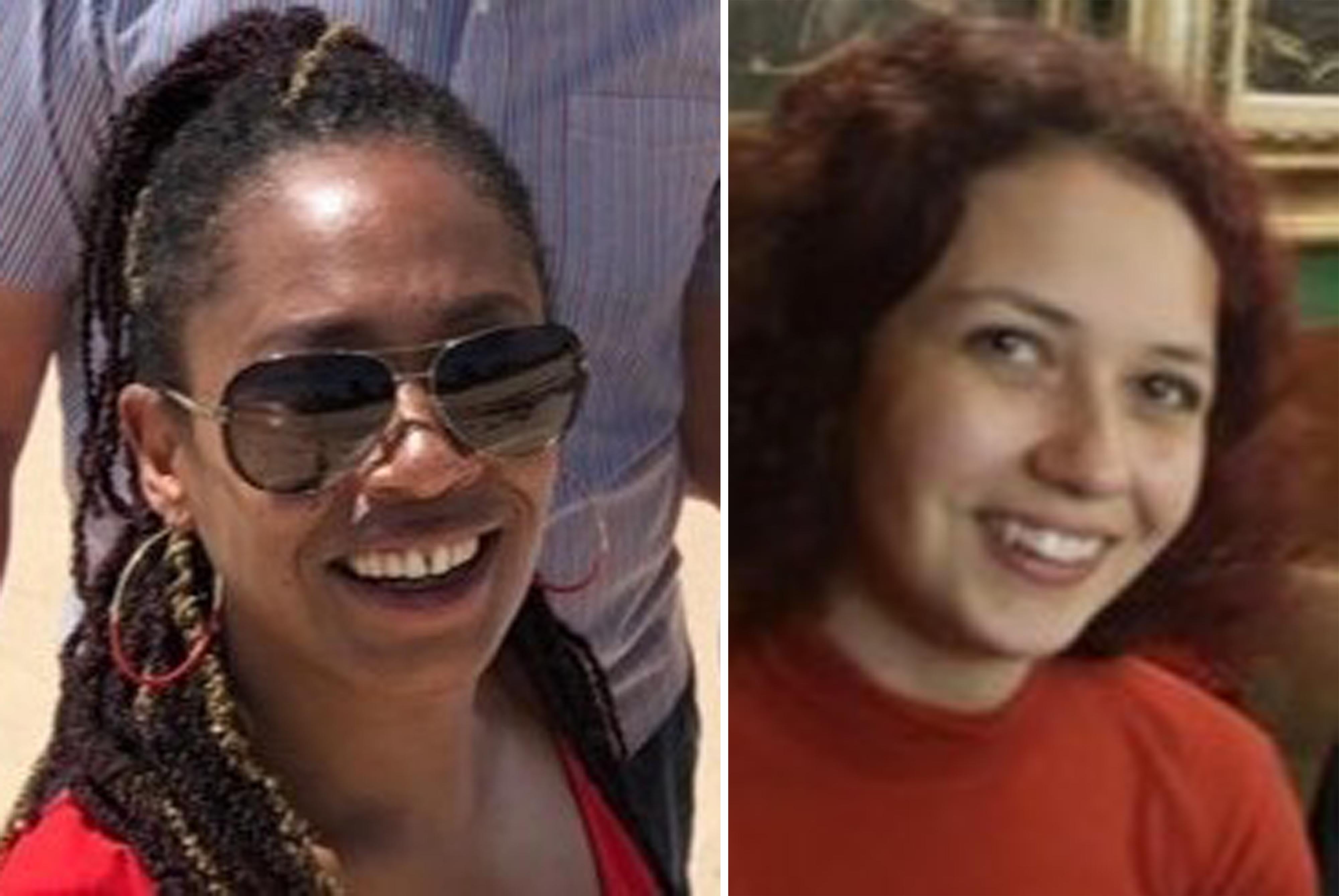
The murder of two sisters in a park in Wembley, Nicole Smallman and Bibaa Henry, also brought controversy for the Met. Their mother, Mina Smallman, claimed police treated their disappearance and deaths less urgently than if they had been white.
Met PCs Deniz Jaffer and Jamie Lewis were then jailed for two years and nine months each in December for taking photographs of the sisters’ bodies of sisters and sharing them with friends and colleagues on WhatsApp.
Jaffer and Lewis were assigned to guard the scene, but instead moved from their posts to take photographs of the bodies, which were then shared with colleagues and friends on WhatsApp.
The officers' behaviour also included describing the victims as "dead birds" on WhatsApp groups.
Other controversies
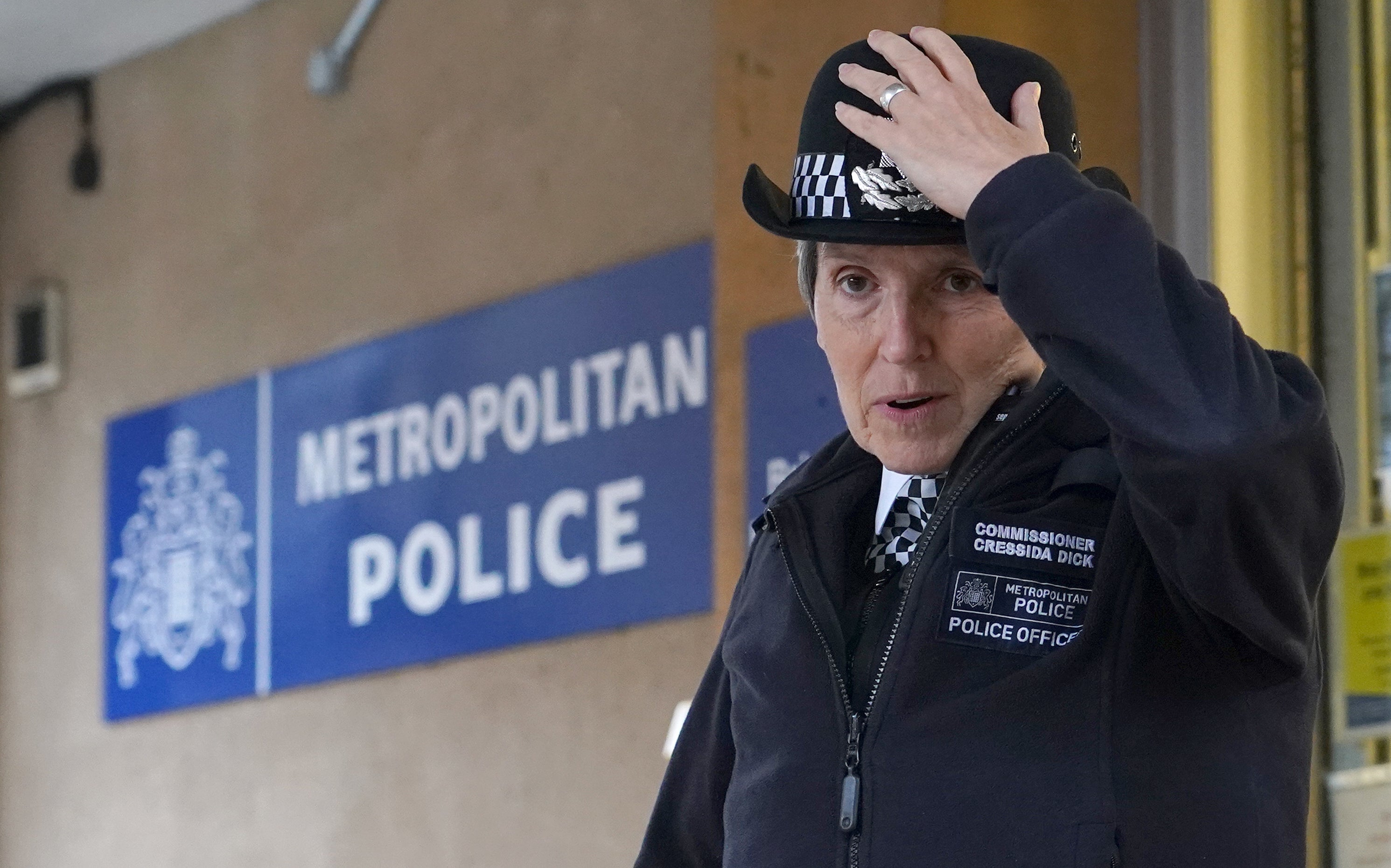
The police watchdog is also reviewing the handling of the disappearance of Richard Okorogheye, a teenager found dead two weeks after his mother reported him missing. It will consider whether ethnicity played a role in the way his case was treated.
Last year, serving officer Benjamin Hannam was convicted of being a former member of a neo-Nazi terrorist group, National Action, and committing fraud by concealing his allegiance when applying to join the force.
He was exposed only because anti-fascists leaked data from an extremist website, The Independent revealed.
Meanwhile, the number of teenagers murdered in London hit a record high – 30 - at the end of last year. Knife crime, it seemed, had spiralled out of control.
The force also faced criticism over its apparent hesitation to launch an investigation into claims of law-breaking parties held at No 10 and the Cabinet Office during lockdown.
And all the while, in the background, has been the undercover policing inquiry, looking at the conduct of undercover officers who formed “abusive and deceitful” relationships with women. The inquiry, set up in 2015, has heard that from the mid-1970s onwards, undercover officers who infiltrated political groups regularly formed sexual relationships with women. At least one officer had a child with the woman he was deceiving.


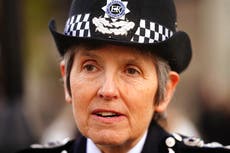
Join our commenting forum
Join thought-provoking conversations, follow other Independent readers and see their replies
0Comments